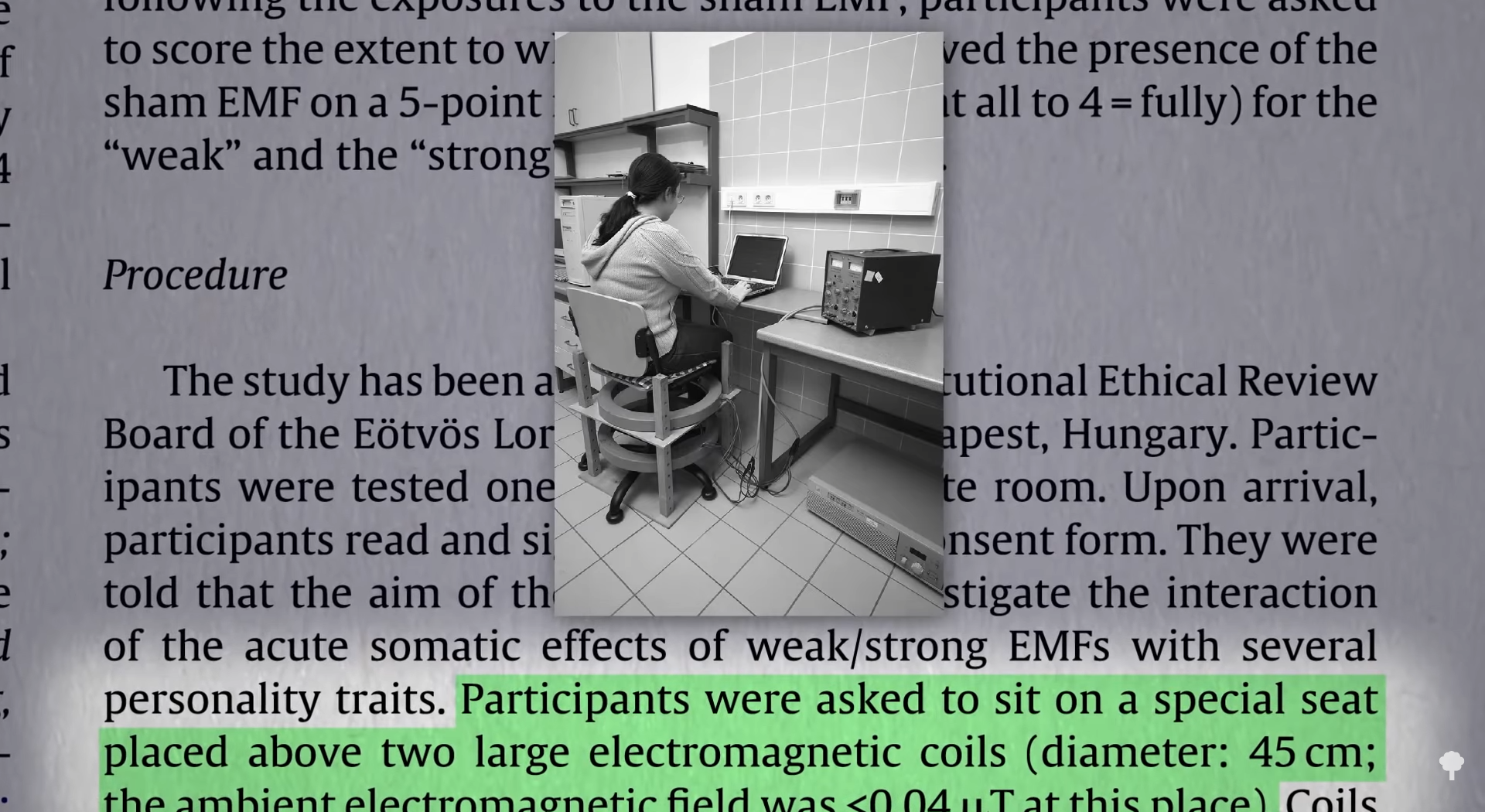Electromagnetic field sensitivity (EMF sensitivity) is a condition where an individual has a high sensitive to electromagnetic fields that surround him. This condition is not limited to areas that do not have electrical current, but can affect people who have an open circuit or who are in contact with electromagnetic field for prolonged periods of time. The Environmental Health Center in Dallas is well-versed in the reasons behind EMF sensitivity and can help patients treat the symptoms. The center can perform tests to determine whether the patient is susceptible to EMF exposure. This can be done with the latest technology to measure heart rate variability.
I.E.-EMF sensitivity is a sign of exposure to electromagnetic fields
Electromagnetic contamination and the magnetic fields that result from it have been linked to the development of a variety of diseases. The signs are usually difficult to identify, and some people have reported a range of symptoms. These may be a result of pre-existing conditions or an ailment that is caused by exposure to large amounts of electromagnetic fields. Regardless of electromagnetic hypersensitivity symptoms , the symptoms can be very debilitating to those who suffer from these. However the fact that scientists are not certain of the extent to which the IEI-EMF sensitivity syndrome and the extent to which it is widespread.
It is not a symptom of electrohypersensitivity
While the symptoms of electrohypersensitivity and EMF sensitivity are similar, there are some key differences. Electromagnetic hypersensitivity is frequently not understood, and the symptoms can vary widely. It is essential to obtain a proper diagnosis to understand the causes behind the condition and the potential treatments.
It is not a symptom of EHS
While EMF sensitivity is not an essential symptom of EHS however, it is frequently associated with the disorder. In fact, some studies suggest that the disorder is linked to environmental factors and genetics rather than any specific physical condition. Yet the need for more research to make definitive conclusions.

It can be perplexing
The symptoms of EMF sensitivity can be perplexing. Most EHS sufferers don't attribute their condition to an individual source. They seek medical treatment however are unable to get a definitive diagnosis. It is possible that they might have an underlying mental disorder that can lead to an increased feeling of helplessness and anxiety.
It can be frightening
EMFs, also known as electromagnetic fields or EMFs are often frightening. Some people report experiencing unpleasant symptoms after exposure to these electromagnetic fields, which originate from devices like Wi-Fi routers and mobile phones. The symptoms can range in severity, however in severe cases, people have to avoid electric devices and fluorescent lighting. In electromagnetic hypersensitivity symptoms , sufferers may even withdraw from modern society altogether and live in isolated communities that are known in the industry as "EMF-free zones".
It is a good supplement to production of melatonin.
The most vital hormones found in our bodies, melatonin, is synthesized by the pineal gland. It is implicated in many functional aspects of life, including the regulation of circadian rhythm. However, its use as a protective factor in the face of nonionizing electromagnetic field has been in doubt mostly due to the inconsistencies between studies. Our knowledge of the hormone's protective mechanisms is largely based on our knowledge of the mechanism that it acts to shield the body against the oxidative stress induced by exposure to RF/ELF.
It may aid in changes in the autonomic nervous system.
electromagnetic hypersensitivity symptoms show that EMF sensitivities can impact the nervous system of autonomic control. Patients with the condition can be affected by altered autonomic reactions and can experience digestive problems. Certain patients may have difficulty digesting food correctly or feel sick following a light meal. Others may experience changes in their body temperature and suffer from heat intolerance. These disorders are often related to other health issues, such as diabetes.
